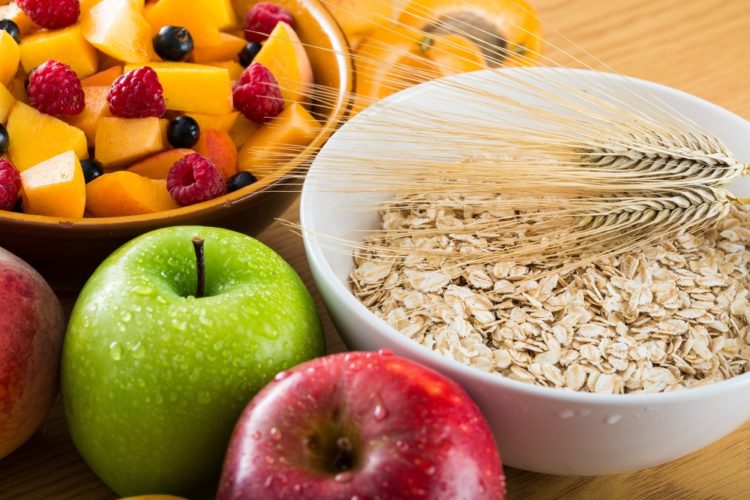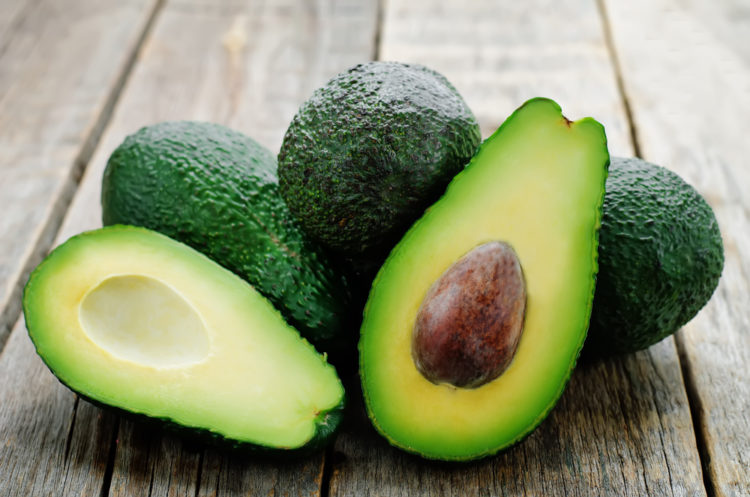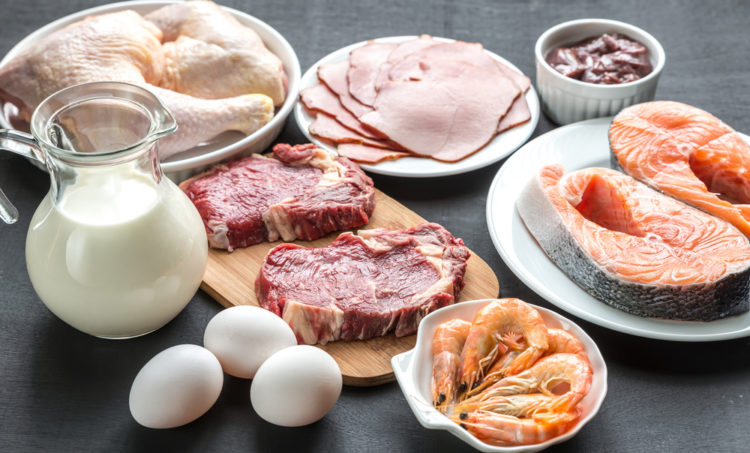Wanna lose weight?
Well, you know the drill. Hit the gym. Hop on that exercise bike and pedal into oblivion to shave off those pounds.
That’s what conventional exercise wisdom says.
But what if I told you that concept was totally flawed?
Exercise has a surprisingly small impact on your body’s calorie management. While 100% of your calorie intake comes from food, you can only actually burn between 10% and 30% of that through exercise.
To make matters worse, many people actually increase their food intake after exercising because they overestimate how many calories they’ve actually burned.
Evidence also shows that people engage in what are known as compensatory behaviors after working out – unconscious adjustments that wind up reversing the already minimal benefits granted by exercise.
Those behaviors can include things like taking the elevator instead of the stairs, or lying down in front of the sofa after a gym session instead of going for a walk around town with friends.
So, in a nutshell, you have the weak effects of exercise made even worse by post-workout behaviors.
That all adds up to a pretty surprising conclusion:
Exercise is not the way to lose weight.
So how does one go about losing weight?
Remember how I mentioned that 100% of your calorie intake comes from your diet?
That’s where the secret to weight loss lies – your diet.
30 minutes of cardio burns about 350 calories. That’s it. You can eliminate much more than that by eliminating soda from your diet.
A 2011 analysis looked at the relationship between physical activity and fat in children. It was found that the level of physical activity was actually a poor determinant of obesity.
Another analysis, published in 2014, found that the most successful weight management programs focused heavily on diet modification.
How do you eat to lose weight?
When it comes to modifying your diet to lose weight, the solution isn’t as simple as cutting the amount of food you eat in half.
After all, your body still needs fuel to carry out its functions.
What you need are foods that will fill you while minimizing your gained unhealthy fat. Here are a few options.
Fiber

Fiber works to help you feel full without adding extra calories to your diet. That’s why eating a baked potato (with the skin – that’s where the fiber is) will leave you feeling a lot more satisfied longer than a full bag of chips.
Good Fats

Another way to feel full and satisfied longer? Get good fats from foods like avocado!
A Penn State study found that people who consume roughly 3 tablespoons of high-oleic oils like the ones from avocados see a greater reduction in belly fat than those who use other oils.
Protein

Many experts believe protein is the single most-important nutrient for weight loss. Consuming lots of protein boosts your metabolism, reduces your appetite and causes a spike in weight-regulating hormones.
Making lifestyle changes is key to losing weight. Check out this post from David for more information on lifestyle changes you can begin implementing today.
Eating healthy doesn’t mean you have to give up great-tasting foods! Check out this video from David to learn about an awesome chocolate smoothie that will boost your health!
https://youtu.be/aAUqiM4ePnE
Sources:
AuthorityNutrition.com
PSU.edu
HealthiestFoods.co.uk
WebMD
FatSecret.com
Vox


